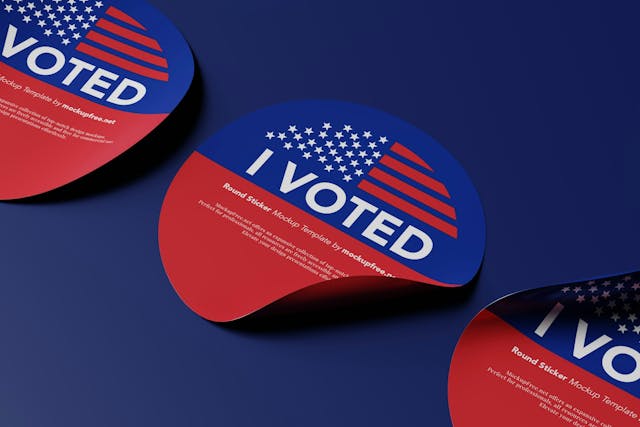The Fall of the Humanities and Political Paralysis

A few weeks ago, after a wave of reports documenting the sharp decline of humanities majors at U.S. colleges and universities shook the academic community, I made my own case for these embattled disciplines.
I wrote that purely quantitative fields of study, like math and economics, have serious limitations when it comes to shaping public policy. They can clarify certain issues, but only on the margins. The most vexing political questions, from tax fairness to affirmative action, “are questions of morality, not math” and thus demand philosophical, cultural and historical insight, I argued.
But the dwindling of the humanities — and the flowering of all things quantitative — in American intellectual life might not just be depriving our body politic of certain perspectives. It could also be contributing to rising levels of political polarization (which happened to be on vivid display throughout this week in the Senate’s showdown over the future of the filibuster).
Humanistic knowledge, in the words of the essayist William Deresiewicz, “is subjective. It is not verifiable, or quantifiable, or reproducible. It cannot be expressed in terms of equations or general laws. It changes from culture to culture and person to person. It offers no settled answers.”
Meanwhile, mathematical reasoning is premised on the idea that problems have one, objective right answer based on a universal reality. In the world of econometrics and statistics, there is an absolute truth — a single solution that can be found in the data.
Needless to say, the quantitative approach is invaluable in a huge range of contexts — from scientific research to industrial innovation to, yes, public policy. But I wonder if the trend toward quantitative intellectual endeavors — that is most pronounced among elite college graduates — has changed our political culture. I wonder if it has made people more certain of their political positions, more resistant to accepting alternative points of view, more likely to adopt a type of moral absolutism about the issues that matter to them.
Humanistic thought is fuzzier and less rigorous. But it leaves more room for competing value systems, and for the range of political perspectives they produce.
I invite you to follow me on Twitter or email me at jawillick at gmail dot com.


